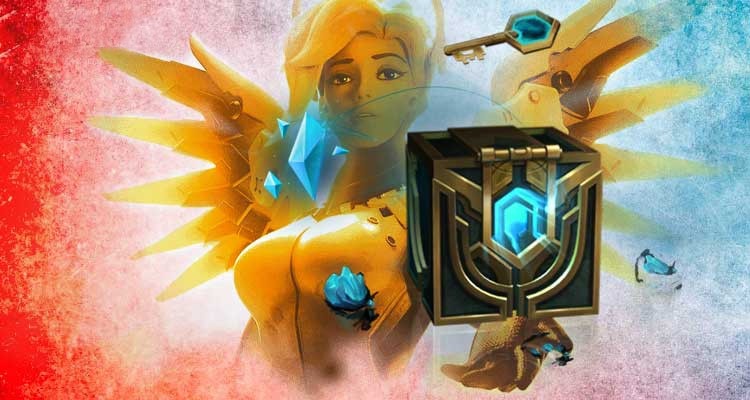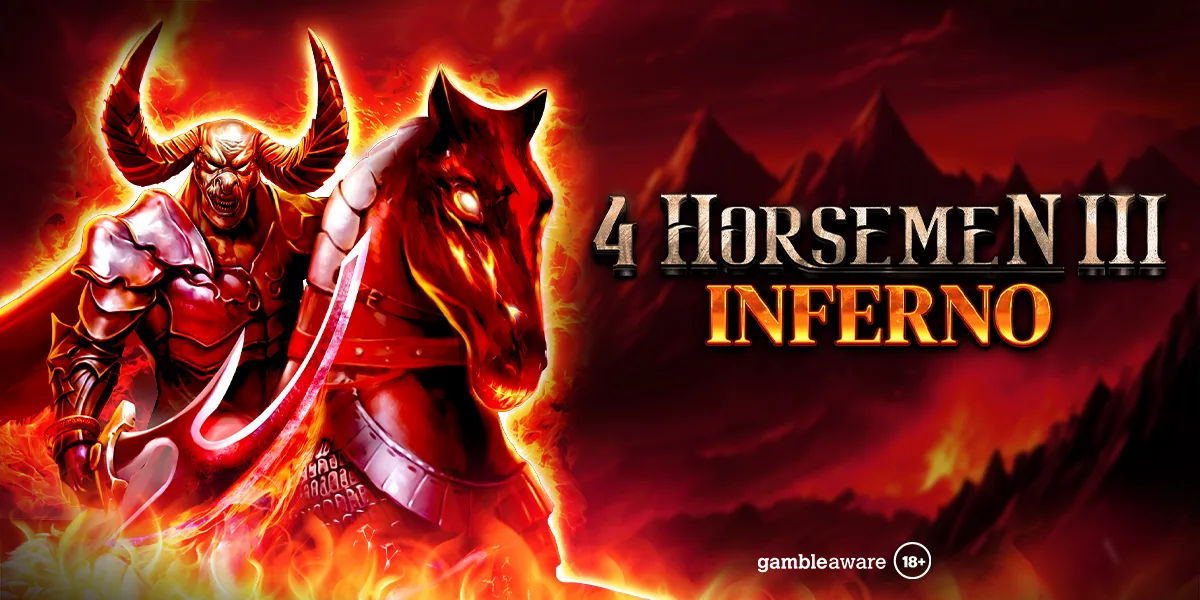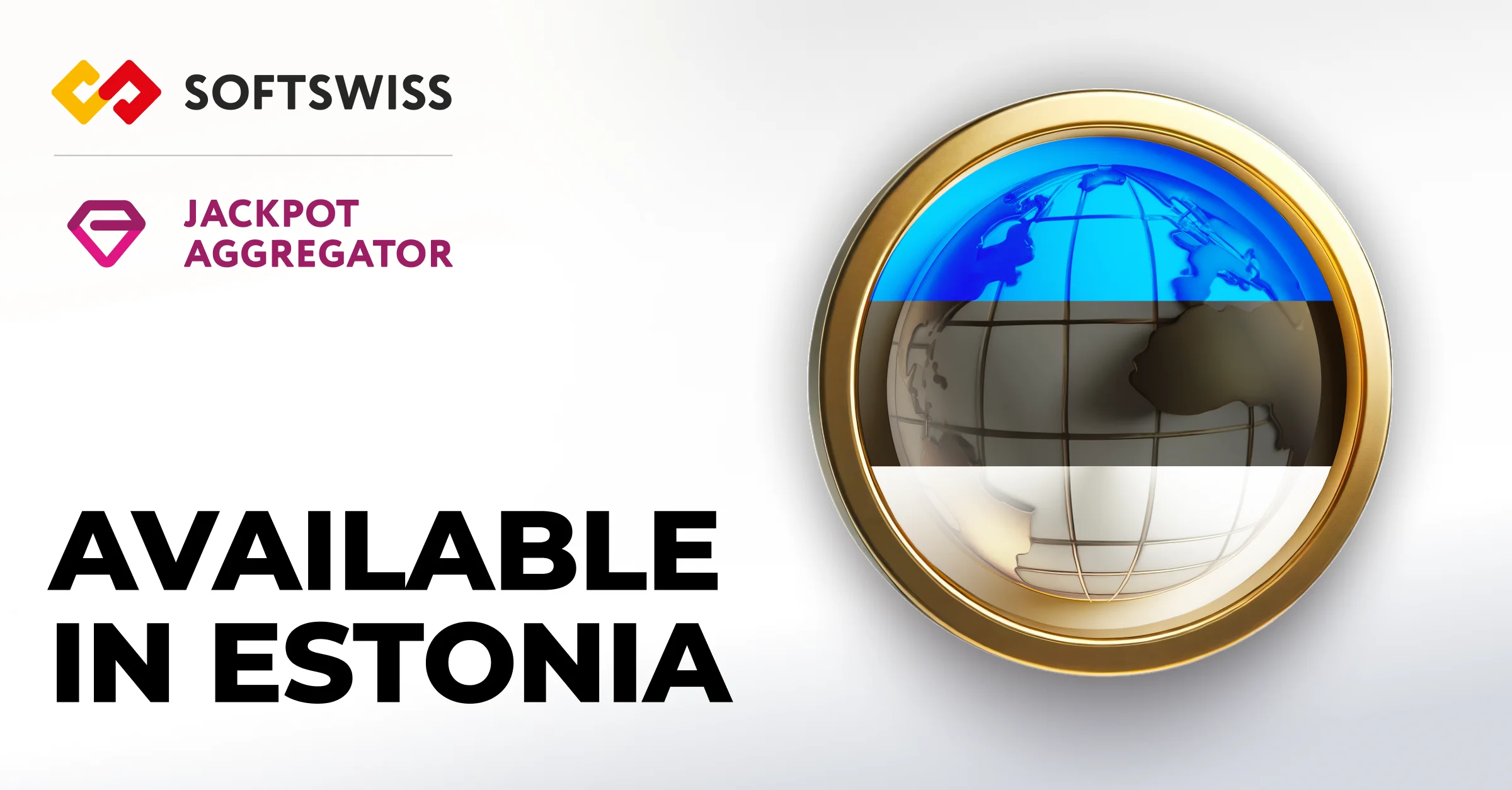Undoubtedly, there isn’t such a gamer in the world who doesn’t know what a loot box is. The opportunity to purchase this box in a video game and open it with a sinking heart attracts many of those who play.
According to the esports news, loot boxes will generate $20 billion by 2025. Well, the sum impresses, but recent regulatory changes in European countries hint at the fact that it won’t become a reality.
Let’s consider the notion of loot boxes in the gaming world, the reason for their attraction for users, and find out whether it will actually be possible to meet them in video games in the nearest future.
What are loot boxes?
It is necessary to start with a detailed explanation of what a loot box is. A loot box, sometimes called a prize crate, refers to a digital item in video games by purchasing which a player gets various items. It is worth mentioning that users don’t know what exactly they will get as the box content is randomized. Here is the list of profit players can get from opening a loot box:
- customization of a character;
- avatar modification;
- various skins;
- armor;
- weapon;
- etc.
Generally, the range of items purchased via loot boxes is wide. They can be of different value and influence the gaming process. The rarest virtual items are the most difficult to obtain. In some games, they are indicated with a certain color, which shows a user the uniqueness of the offer. For example, gray is used for common items, blue – for rare, orange – for super rare.
The process of opening a “box with surprise” has its peculiarities. Usually, game developers make it attractive and enthralling for players. For example, it can be done via visual and audio effects, which add suspense and thrill to the process.
Loot boxes are regarded as a form of game monetization. However, it is worth mentioning that they can be given as rewards to players for successful level completion or a character upgrade. Gamers can also obtain loot boxes by watching streams. In addition to free methods of opening such a box, players can also do this by purchasing it. This method raises many concerns, which will be discussed further in this article.
The most popular games with loot boxes
It isn’t surprising that many game development studios use loot boxes as one of the main monetization tools. The desire to own a digital item that can change gameplay and make a character look better attracts many players.
The most prominent representatives of those games, which have implemented loot boxes, are the following:
- FIFA;
- Dota 2;
- League of Legends;
- Roblox (besides, here you can read an interesting article about scary games on Roblox);
- Call of Duty;
- Overwatch;
- and many others.
A loot box in Overwatch
Let’s consider the Overwatch loot box as an example. Players of this game can become the owners of skins, player icons, sprays, emotes, victory poses, cinematic animations for characters, auditory features as well as gold, which users can spend on buying more customization tools.
Are loot boxes gambling? Anti loot box bill
The relation of loot boxes to gambling is much discussed in both vertical – gaming and regulatory. It is a really controversial topic as different jurisdictions have different attitudes toward this notion. Moreover, regulatory bodies across the world interpret prize crates in many ways. One thing is obvious – loot boxes fuel more and more concerns because this type of monetization is especially attractive to the younger audience of players, namely minors. Let’s take a closer look at the states where loot boxes may be treated as gambling in the nearest time based on legislation.
Great Britain
The UK is definitely one of the countries, which has gone on the warpath against loot boxes. It is worth starting with a recent survey, which has revealed that one in three British players loves loot boxes and is ready to spend money on them every week. The novel COVID-19 pandemic facilitated the growth of the interest in prize crates, which made them more purchased than during previous years. Video games became a good substitution for outdoor entertainment, and loot boxes became a perfect way to get lacking excitement.
Forty-seven percent of players confirmed that during the lockdown, they had started to spend more on opening loot boxes than before it. Besides, this tendency covers gamers of various platforms, including smartphones, PCs, video game consoles.
At the same time, the poll conducted in Great Britain shows that not all UK citizens are well-affected towards spending money on loot boxes. Thus, almost seventy percent of respondents consider them gambling promotion, which poses threat to minors. Almost half of the poll participants have said that there should be a limit for spendings on such gaming microtransactions. Nineteen percent want a complete ban on prize crates.
Although game developers have much to be glad about in terms of sales, the UK government does everything possible to clamp down on loot boxes, especially when it touches upon the younger generation. Many studies become a basis for these concerns. For example, in April 2021, GambleAware published a report saying that five percent of all bought loot boxes comprise half of the total revenue generated by this sector. These players usually spend approximately one hundred dollars on such purchases per month. One-third of these purchasers have the signs of gambling addiction.
This allowed GambleAware to draw a parallel between loot boxes and problem gambling. The research conducted by the universities of Plymouth and Wolverhampton has found the interrelation between opening prize boxes and gambling. It has revealed that from a psychological point of view, loot boxes have the same features as gambling. These data were proved in twelve surveys out of thirteen.
Of course, purchasing loot boxes can do harm. According to the researchers, there are three types of harm:
- Financial – it is one of the major reasons why the proclivity for loot boxes may have negative effects. Although most of the players spend not so big sums of money on buying cherished boxes with randomized items, some gamers are ready to allocate more money for this entertainment.
- Psychological – it is worth mentioning that purchasing prize crates is connected with both a positive and negative player’s mood. It has also been proved by studies that such purchases can become the reason for mental problems, as well as their consequences.
Speaking about the motivation for such purchases, the data provided by GambleAware’s report can be used again. The main reasons to pay money for loot boxes are the following:
- the excitement of opening;
- fear of missed opportunity;
- influence from ads and promotions;
- compulsion;
- value of content;
- esteem from other gamers;
- socializing;
- boredom;
- a simple procedure of purchasing.
Of course, children’s interest in loot boxes remains the major problem. In Great Britain, ninety-three percent of children play video games on a regular basis with 25-40% of them buying access to loot boxes. This information has been proved by the Gambling Health Alliance (GHA), which has stated that approximately 15 percent of minors use parents’ money to make microtransactions in games. Moreover, they make purchases even without adults’ permission.
The above-mentioned facts, indeed, became the basis for the UK government to address the question of loot boxes. Last year, the Children’s Commissioner, Anne Longfield, proposed to implement regulations concerning loot boxes and classify them as gambling. She has stated that they should be added to the regulatory provisions of the Gambling Act immediately.
Earlier in 2020, the British government launched a public consultation aimed at determining the opinion of the country’s citizens about loot boxes. UK people got an opportunity to say what they think about these paid in-game items. Both negative and positive opiniоns were welcome.
In July 2021, The Department for Digital, Culture, Media and Sport (DCMS) provided the results of the consultation held among stakeholders (game development studios, publishers, addiction specialists, etc.). It has got 30 000 opinions on the type of regulation, which should be applied to loot boxes. Initially, the governmental body promised to add the consideration of prize crates to the Gambling Act revamp. However, later, it stepped back from its pledges, saying that, first, it is necessary to pin down the approach, which the government will take. The DCMS representatives have stated that the UK government takes the question of loot boxes seriously. The Department will continue studying the received responses to determine further solutions.
Spain
Spain is also among the countries, which are concerned about loot boxes’ negative influence. According to the Spanish regulatory body, the DGOJ, half of all mobile gaming products and thirty-five percent of video games have this type of monetization. It states that loot boxes can be considered as gambling. Several aspects prove this fact. For example, the prize available in the box depends on a chance. It has also added that many other features peculiar to gambling and betting are representative of prize crates as well.
Not so long ago, the regulator, initiated a consultation to understand how loot boxes should be treated. There were three possible outcomes – loot boxes could get a new regulation as gambling-related products, they could be added to current law, or would be banned completely. In case if loot boxes required a separate regulation, it would be necessary to develop a player protection framework. They could be regulated under the present legal code, which would require modifications in this case. What is more interesting, there was the possibility that loot box providers would even need to obtain a special license, allowing them to render such services. It is expected that the final decision on the loot boxes regulations will be introduced in the second half of 2021.
Belgium
Belgium is another state the government of which wants to prove the connection between loot boxes and gambling. Several years ago, the Belgian Gaming Commission stated that the availability of loot boxes in games contradicts the gambling law. The Minister for Justice has supported the fact, saying that mixing gambling and video games is dangerous, especially for the younger audience.
Following the conclusions, the Gaming Commission has required the total removal of all loot boxes, which can be purchased with real money. Those game development companies were warned about huge fines (€800 000), which they would need to pay in case of not complying with the requirements.
So, what has happened after the ban? The story didn’t end up with this as there were many controversial topics to discuss. First, it has been investigated what Belgian gamers think about the ban. According to some sources, many players have supported the decision because, in their opinion, loot boxes create unfair conditions for those users who don’t buy them.
It goes without saying that video game development companies were against the new law. A real war started here. For example, Electronic Arts did everything possible to prove that paid boxes and gambling have nothing in common. Thus, the world-known company decided to rename this type of monetization, calling it “surprise mechanics” and comparing it to Kinder Surprise eggs. In addition to this, prize crates are also rewarded to players for achievements in games. That is why, despite all accusations, EA could retake its right to offer loot boxes to gamers in Belgium. The return at least of the smallest opportunity to enjoy opening loot boxes again cheered many players, according to some industry experts.
The Netherlands
In 2018, the Kansspelautoriteit, Dutch Gaming Authority, conducted an investigation based on video games, which showed that some of the games violate gambling regulations. The KSA stated that the profit from loot boxes was randomized, however, the purchased item could be sold and bought outside on third-party websites. This means that items in these boxes have a real-money value, which supports their relation to gambling.
A couple of years later, the Netherlands banned loot boxes. Electronic Arts again became the main participant in this case. Its FIFA Ultimate Team drew the attention of the Dutch legislators. The video game company was threatened by a €5-million fine if it continued offering loot boxes. That same year, the Netherlands’ court found the company guilty of breach of the law and obliged it to pay the fine. EA, in its turn, challenged the ruling of the court, explaining that its boxers with prizes don’t have any real value. They are an integral part of the game, which is intended to give players an opportunity to show their skills in virtual football. The Dutch court gave a final ruling, saying that, indeed, EA’s loot boxes have monetary worth as players can sell and purchase the in-game items on other websites. For example, the same situation is with selling Dota 2 items.
Sweden
Sweden is also included in the list of the countries, which have studied the influence of loot boxes on children and adults and have come to the conclusion that regulation is undoubtedly required here. The Swedish Consumer Agency has provided a report based on which it may be necessary to regulate prize crates as a part of the Swedish Gambling Act. Nonetheless, the SCA has made a remark that it is applicable only in those cases when such items have real-money value.
The future of loot boxes in Sweden hasn’t been determined yet. The SCA’s study couldn’t find indisputable facts that gambling and loot boxes are the same.
Facts to know about Epic loot box settlement
Epic Games’ case is also an interesting example of how video game developers can be punished for offering loot boxes. Not so long ago, the US players filed a class action lawsuit against the company as it, according to them, was violating consumer rights. The complaint from users consisted in the allegation that the company manipulated underage players, emphasizing that they could get lucky.
The lawsuit was connected with such games as Fortnite and Rocket League. Epic Games agreed to pay compensation to users. Thus, the Fortnite players got 1 000 V-Bucks, if they bought the Fortnite: Save the World loot boxes. The Rocket League fans who purchased loot boxes also got 1 000 credits. Epic Games announced that approximately six and a half million Fortnite players and almost three million Rocket League fans would get payments with virtual currency, speaking about the US users. In addition to digital transactions, the company also promised to refund real money to those children who used the parents’ cash for such purchases. However, the refund couldn’t exceed fifty dollars.
The topic of loot boxes continues to remain controversial in the world of gaming and digital entertainment. Although the opinions on it differ, the lawmakers’ attitude to it is clear – the majority of governments and regulatory bodies consider it as a service similar to gambling and insecurity for minors. At the same time, gamers worldwide spend money on loot boxes and enjoy the feeling of excitement and suspense when they open them. The main question here is how to protect minors and those who can’t stop buying loot boxes, showing the signs of addiction to this offer from game development companies.
Read more: Top Canadian Betting Platforms















